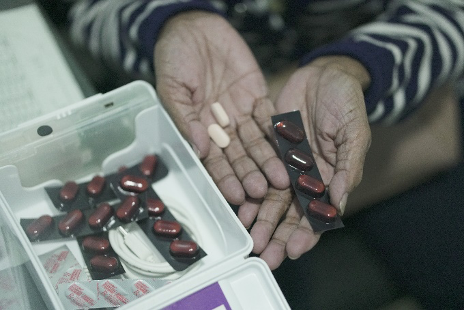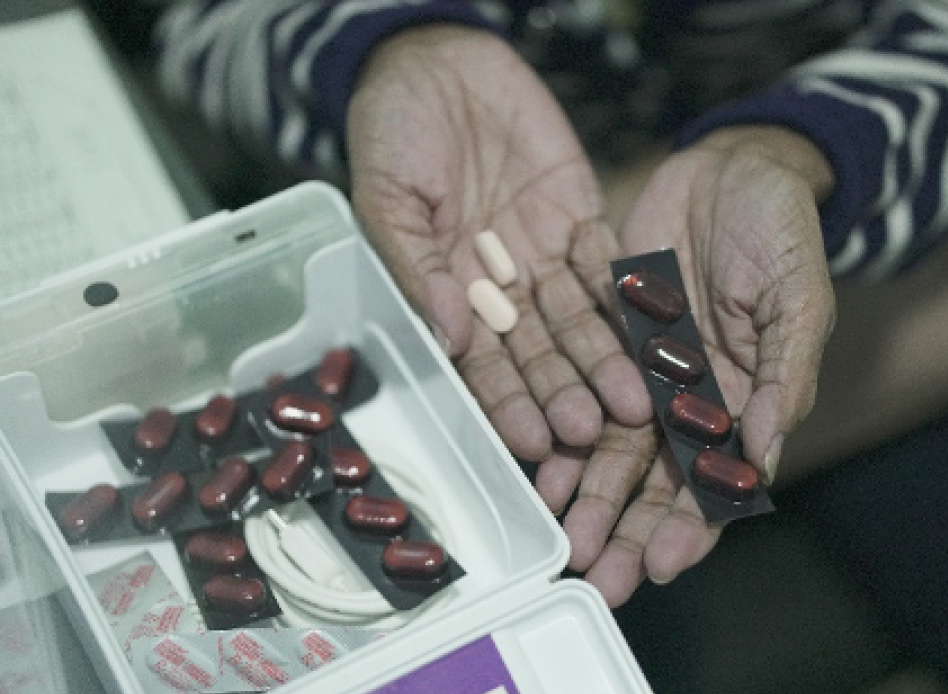The Unitaid-funded ASCENT project provides digital adherence technology (DAT) to support tuberculosis (TB) patients taking their treatment through selected health facilities in Ethiopia, South Africa, Ukraine, Tanzania and the Philippines. The project will phase out in December 2022. The Philippines, however, will expand the use of DAT across the country in 2023.
With support of the Global Fund, Philippine Business for Social Progress (PBSP) will offer the smart pillbox to drug-resistant TB (DRTB) patients, including those using the BPAL regimen, in more than 200 PMDT (programmatic management of drug-resistant TB) facilities to help them continue taking their medications as prescribed. This scale-up builds on the gains from the ASCENT project that led the use of three adherence tools, namely 99DOTS medication label, smart pillbox, and video-supported treatment, in 46 health facilities in Bulacan and Pampanga from November 2020 to November 2022.
KNCV Tuberculosis Foundation will complete the research studies designed to generate evidence of DAT’s effectiveness, cost, and acceptability to patients, healthcare workers, and key stakeholders. Research findings will be shared with partners in June 2023.
Why digital adherence technology?
Poor treatment adherence poses a major barrier to driving down TB illness and death. Missing as few as one in 10 doses of the current drug-susceptible TB treatment is linked to a five-fold increase in the risk of an unfavorable treatment outcome, including TB relapse and increased drug resistance. Digital adherence technology helps support treatment adherence. DAT consists of tools, including mobile phone, computer, electronic sensor and web-based technology, that allow the capture of patient-specific medication adherence data.
Using DAT, nurses in the health facility are able to electronically monitor the medication intake of patients who may be at home, at work, or in school. This improves on the traditional directly observed treatment (DOT) that requires patients to visit the clinic daily, placing on them the added burden of travel time, transportation cost, and sometimes lost income. DAT also allows healthcare providers to identify high-risk patients who may need additional in-person support. Altogether, using DAT fosters patient-centered care for successful TB treatment.
The Unitaid-funded and supported ASCENT project is led by KNCV Tuberculosis Foundation in partnership with The Aurum Institute, London School of Hygiene & Tropical Medicine, and PATH.
Photo credit: RLCarlos/BDinglasa

